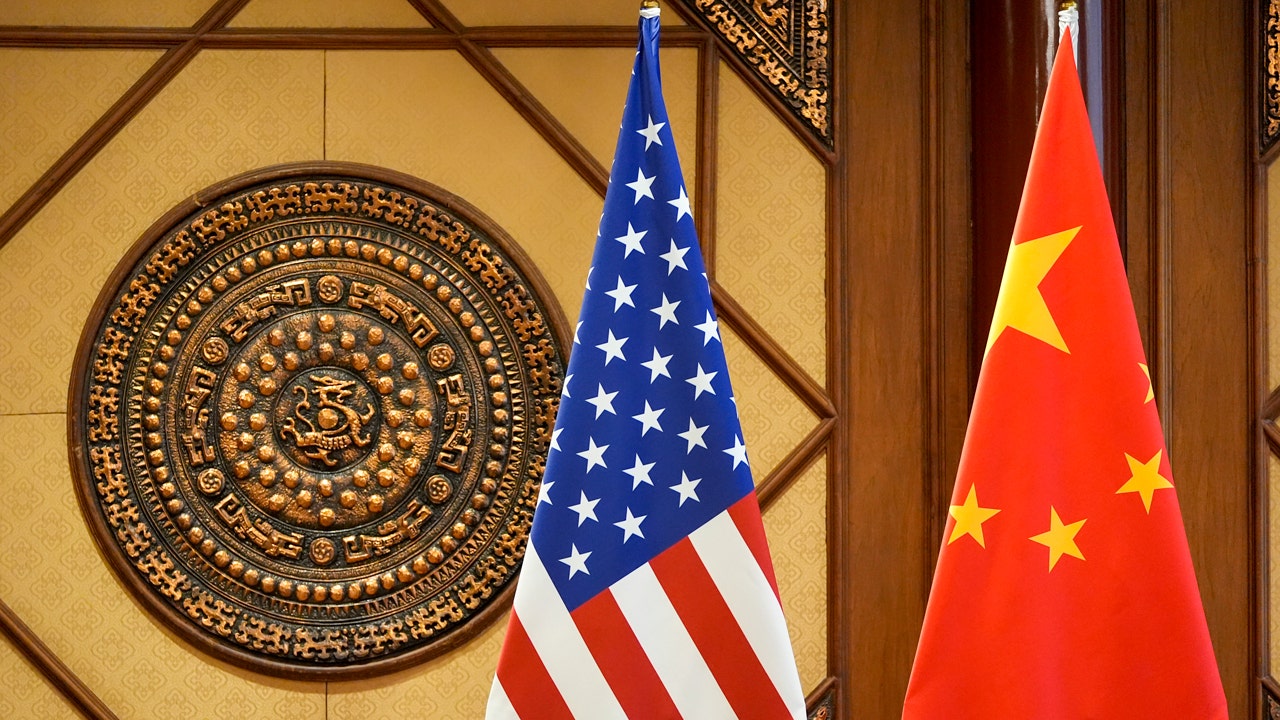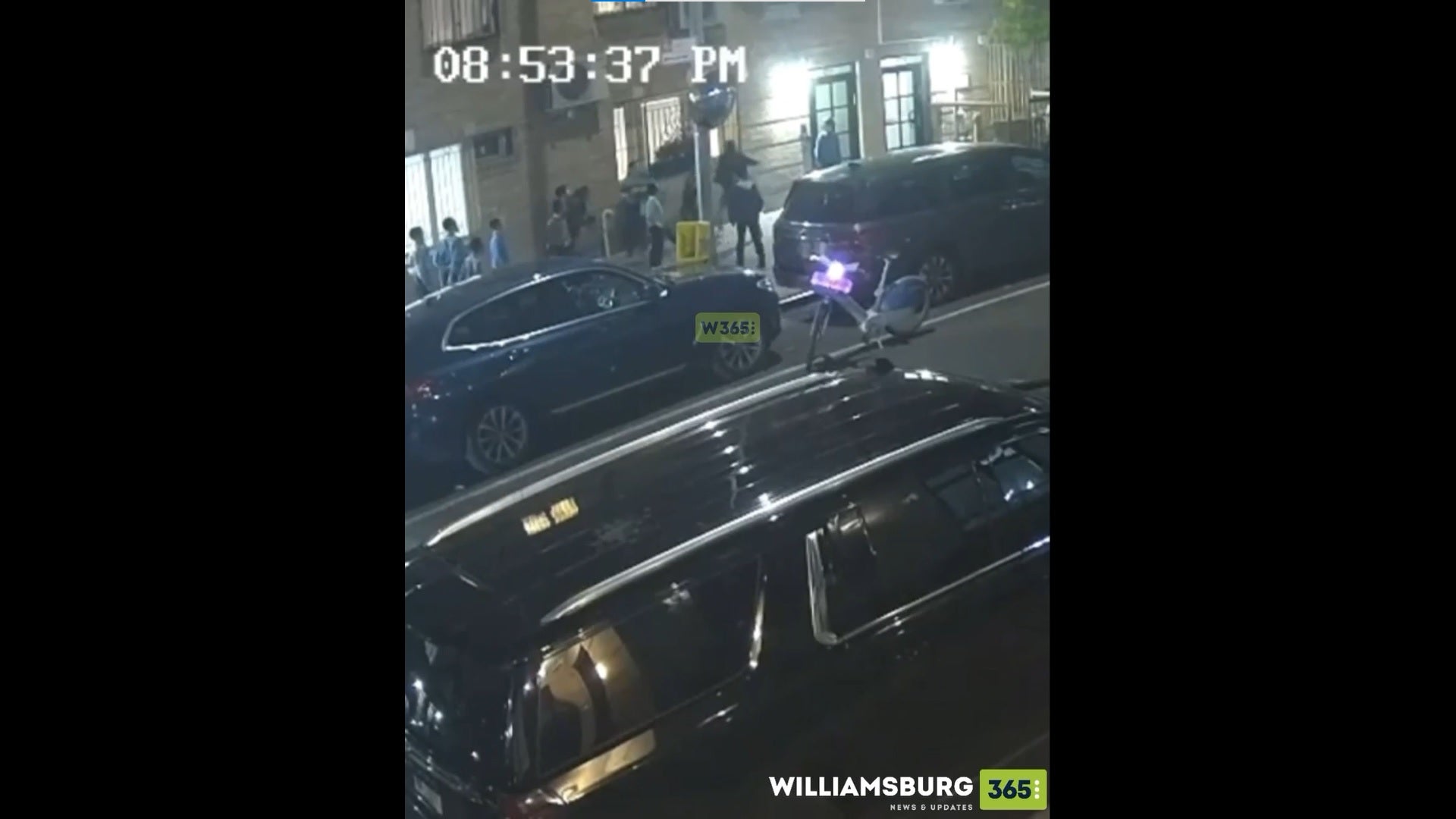The federal judge overseeing former President Donald J. Trump’s prosecution on charges of mishandling classified documents expressed deep reservations on Thursday about some of the motions filed by his lawyers seeking to have the case dismissed.
At a nearly daylong hearing in Federal District Court in Fort Pierce, Fla., the judge, Aileen M. Cannon, entertained arguments from the lawyers and from prosecutors in the office of the special counsel Jack Smith about two of the former president’s more unorthodox attacks on the federal indictment.
One of those attacks by Mr. Trump’s team was a direct, albeit dubious, assault on the constitutionality of the Espionage Act, which the government says Mr. Trump violated 32 times by removing a trove of highly sensitive classified material from the White House after he left office.
In the other attack, Mr. Trump’s lawyers asserted that under a law known as the Presidential Records Act, Mr. Trump designated the documents he took with him as his own personal property and so he could not be charged with possessing them without authorization.
But Judge Cannon, who was appointed by Mr. Trump near the end of his term, seemed skeptical about both of the claims. As Mr. Trump and Mr. Smith sat in front of her on opposite sides of the courtroom, she said it would be an “extraordinary” move for a judge to unilaterally strike down the Espionage Act, the chief federal law governing the handling of classified material.
She also said that while Mr. Trump was free to claim at trial that the documents he was charged with holding actually belonged to him, it was “difficult to see” how that argument warranted tossing the entire case out before it went to a jury.
In recent weeks, Mr. Trump’s lawyers have filed a barrage of motions to dismiss the case using a kind of kitchen-sink approach that has assailed the indictment from every conceivable angle — not to mention from what a lot of lawyers might consider some inconceivable ones as well.
Aside from his attack on the Espionage Act and his Presidential Records Act claims, Mr. Trump has questioned the legality of the appointment of Mr. Smith and has argued — without any evidence — that President Biden personally directed the prosecution to be brought against him as a way to sink his 2024 campaign.
Mr. Trump has also asserted that he is shielded from the charges altogether by presidential immunity, even though he was no longer president when almost all of the actions mentioned in the indictment took place.
Taken as a whole, the motions are an aggressive and often far-fetched attempt to evade accountability for holding on to what prosecutors have described as some of the nation’s most guarded secrets and to question the authority of the government to have brought the case in the first place.
Mr. Trump’s arguments have painted the prosecution as illegal and unfair from the outset, reflecting, as one of Mr. Smith’s deputies recently wrote, “his view that, as a former president, the nation’s laws and principles of accountability that govern every other citizen do not apply to him.”
While Judge Cannon spent much of the day peppering the defense and the prosecution with detailed questions about key phrases in the Espionage Act and about precisely how Mr. Trump went about designating the records he took as personal property, there was one important subject that she did not broach: the timing of the trial.
Two weeks ago, Judge Cannon held a hearing ostensibly to pick a new trial date, but she has yet to issue a decision.






